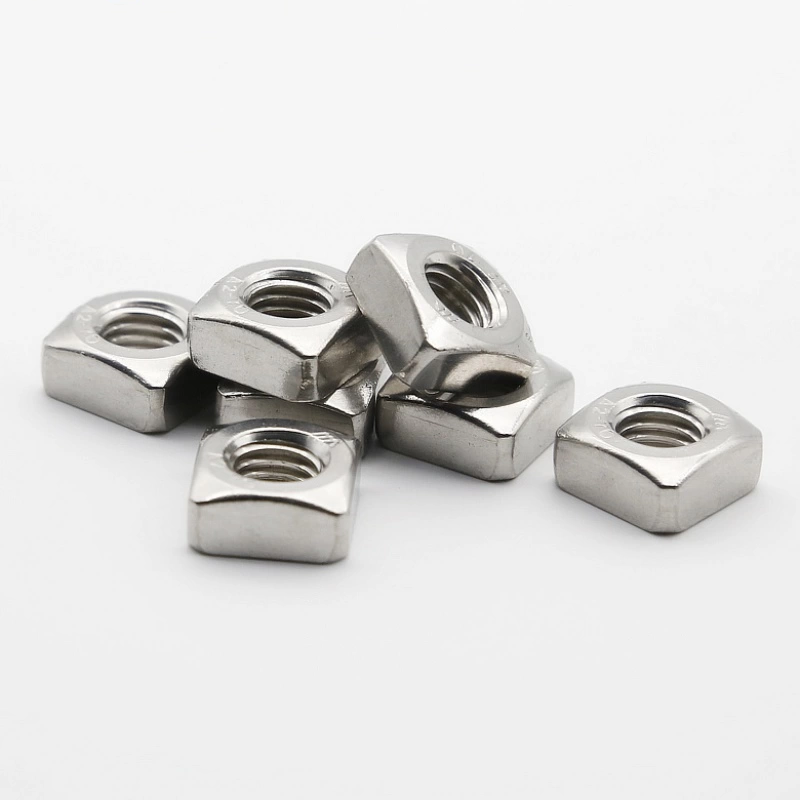

Different Categories of Bolt Washers and Their Applications in Mechanical Fastening Systems
Aug . 13, 2024 00:32 Back to list
Different Categories of Bolt Washers and Their Applications in Mechanical Fastening Systems
Understanding Bolt Washers Types and Their Applications
Bolt washers are critical components in various mechanical assemblies, enhancing the performance and longevity of connections in numerous applications. Although often overlooked, the right type of washer can prevent loosening, distribute load, protect surfaces, and reduce friction. Here, we explore the various types of bolt washers, their specific applications, and considerations for selection.
Types of Bolt Washers
1. Flat Washers Flat washers are the most common type of washer used in fastening applications. They are flat, disc-shaped pieces of material that distribute the load of a bolt or nut over a wider area, preventing damage to the workpiece and ensuring a secure fit. They come in various materials, including steel, stainless steel, and plastic, making them versatile for different environments.
2. Lock Washers Lock washers are designed to prevent loosening under vibration and dynamic loads. They come in a few configurations, with the most popular being split lock washers and tooth lock washers. Split lock washers are shaped like a circle with a split that creates tension when compressed, while tooth lock washers feature serrated edges that grip the surface of the fastened material. Both types help maintain bolt tension and prevent failure.
3. Spring Washers Similar to lock washers, spring washers provide a spring effect, applying constant pressure to the bolt or nut. These are often used in applications where flexibility and vibration absorption are necessary. The conical design of these washers allows them to maintain their tension over time, adapting to any changes in the assembly.
4. Belleville Washers Belleville washers, also known as conical washers, are a specialized type of spring washer designed to exert high force with a relatively low height. They are particularly effective in applications requiring a significant load-bearing capacity in a compact space. Belleville washers are commonly found in aerospace, automotive, and heavy machinery sectors.
5. Sealing Washers Sealing washers, also known as rubber washers, incorporate a rubber or elastomeric material to provide a seal against liquids or gases. They are essential in plumbing, HVAC systems, and automotive applications to prevent leaks. The ability to compress and form a tight seal makes them valuable in ensuring the integrity of the assembly.
types of bolt washers

6. Isolating Washers Isolating washers are used in electrical applications to prevent galvanic corrosion and to serve as an insulator. They are made from non-conductive materials, ensuring electrical separation between the bolt and the surface. These washers play a critical role in electrical and electronic devices by preventing short circuits and promoting safety.
Selecting the Right Washer
Choosing the appropriate washer for a specific application involves several considerations
- Load Requirements Assess the load and tension requirements for the application to select a washer that can adequately distribute the load. - Environmental Factors Consider the environment, such as exposure to moisture, chemicals, or extreme temperatures, to select materials that resist corrosion and degradation.
- Vibration Resistance If the application is prone to vibration, lock washers or spring washers may be favorable to prevent loosening.
- Space Constraints In applications with limited space, Belleville washers can provide high load capacity without occupying much vertical space.
In conclusion, while bolt washers may seem like simple components, their correct selection and application are crucial for the reliability and safety of mechanical assemblies. By understanding the different types of washers and their functions, engineers and technicians can make informed decisions that enhance the performance of their designs. Whether for automotive, construction, or electronic applications, investing in the right type of bolt washer can lead to better, more secure outcomes.
Latest news
-
High-Strength Hot Dip Galvanized Bolts - Hebei Longze | Corrosion Resistance, Customization
NewsJul.30,2025
-
Hot Dip Galvanized Bolts-Hebei Longze|Corrosion Resistance&High Strength
NewsJul.30,2025
-
High-Strength Hot-Dip Galvanized Bolts-Hebei Longze|Corrosion Resistance&High Strength
NewsJul.30,2025
-
Hot Dip Galvanized Bolts-Hebei Longze|Corrosion Resistance&High Strength
NewsJul.30,2025
-
Hot Dip Galvanized Bolts - Hebei Longze | Corrosion Resistance, High Strength
NewsJul.30,2025
-
High-Strength Hot Dip Galvanized Bolts-Hebei Longze|Corrosion Resistance, Grade 8.8
NewsJul.30,2025

